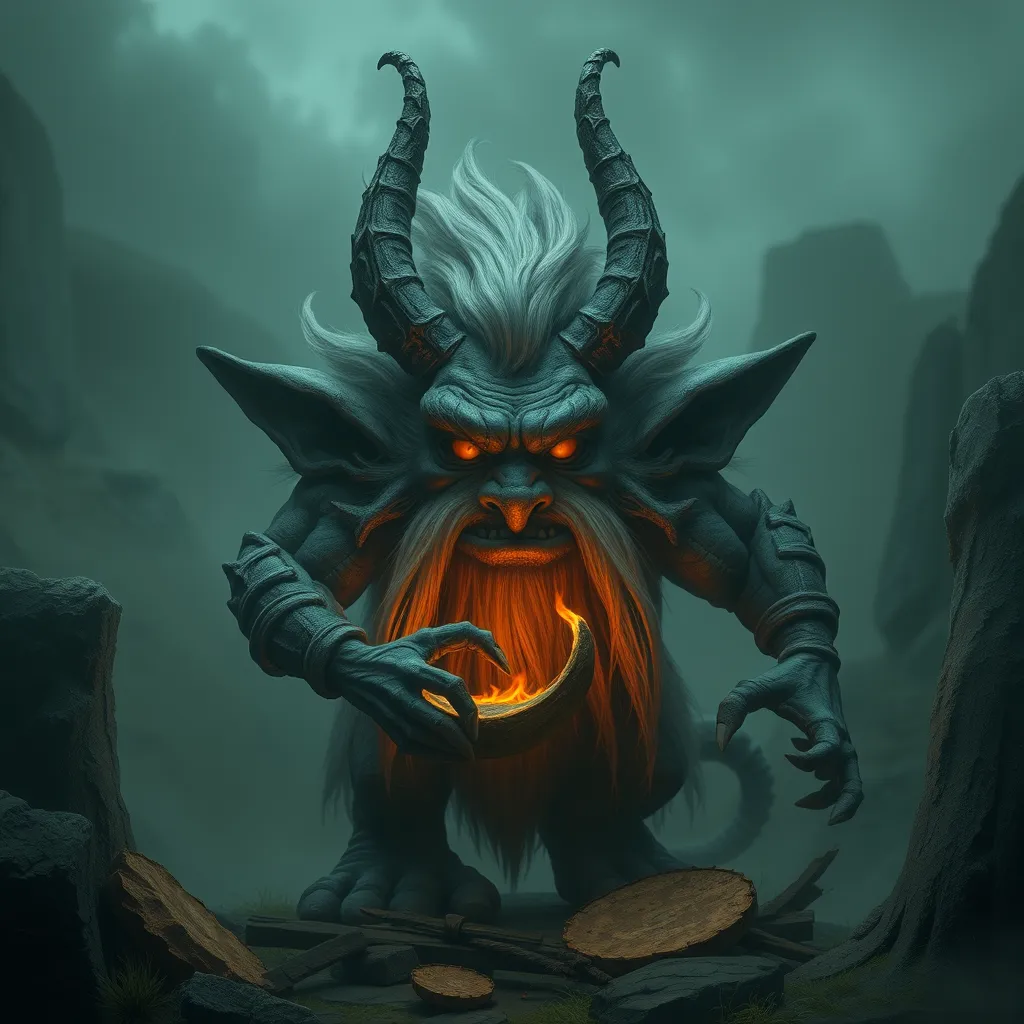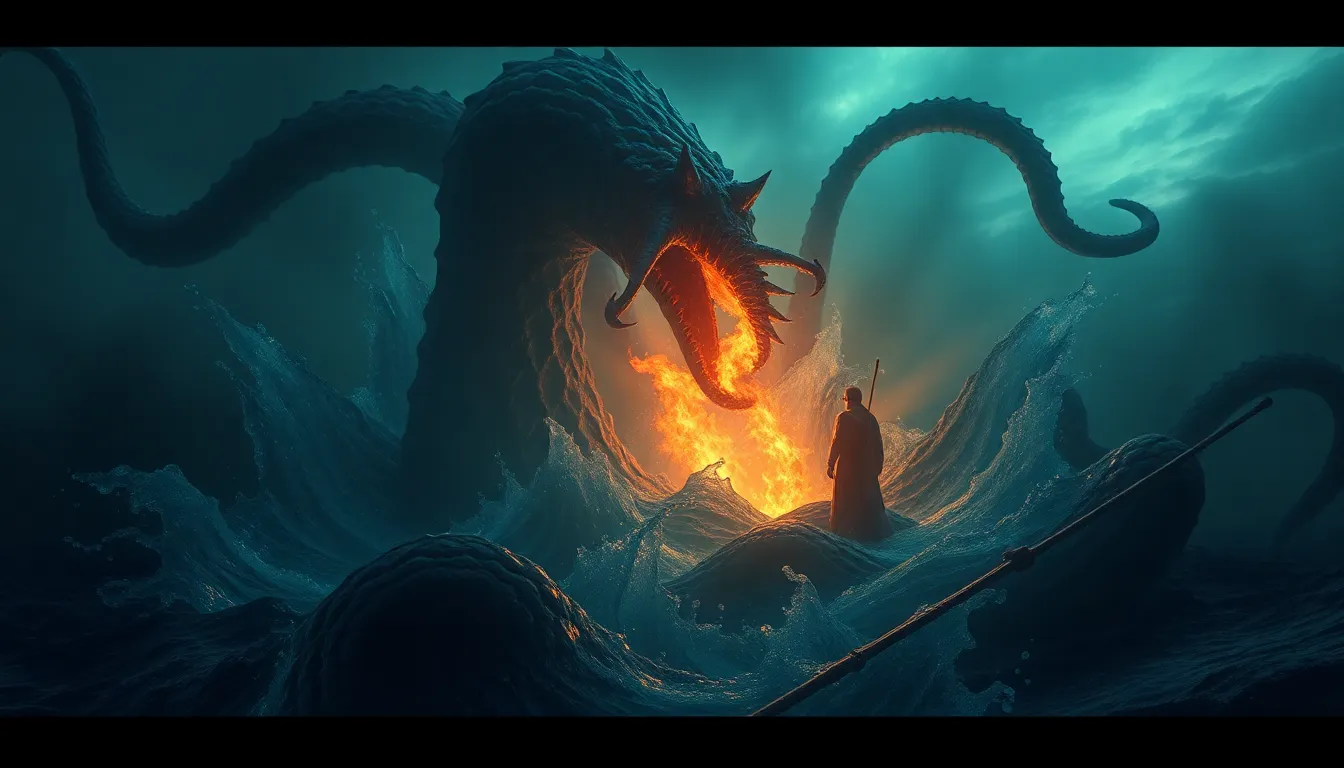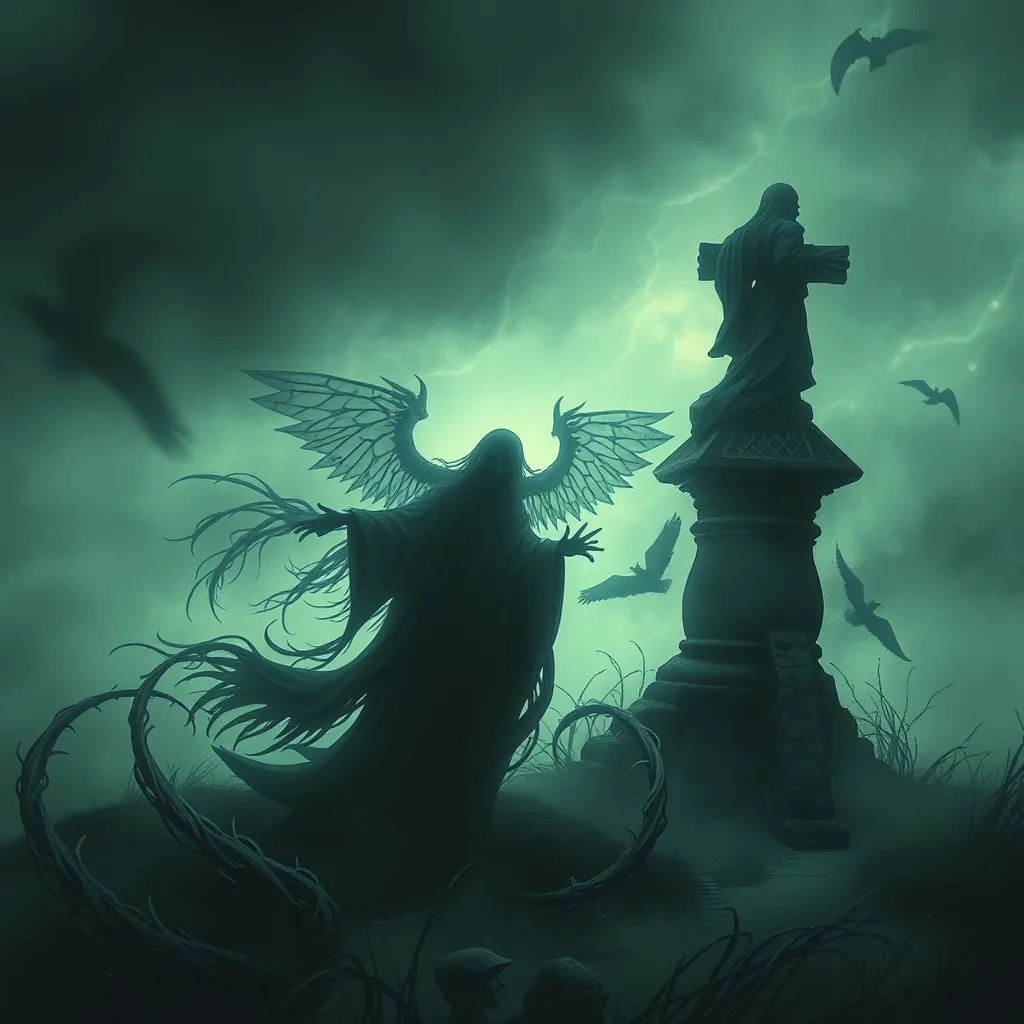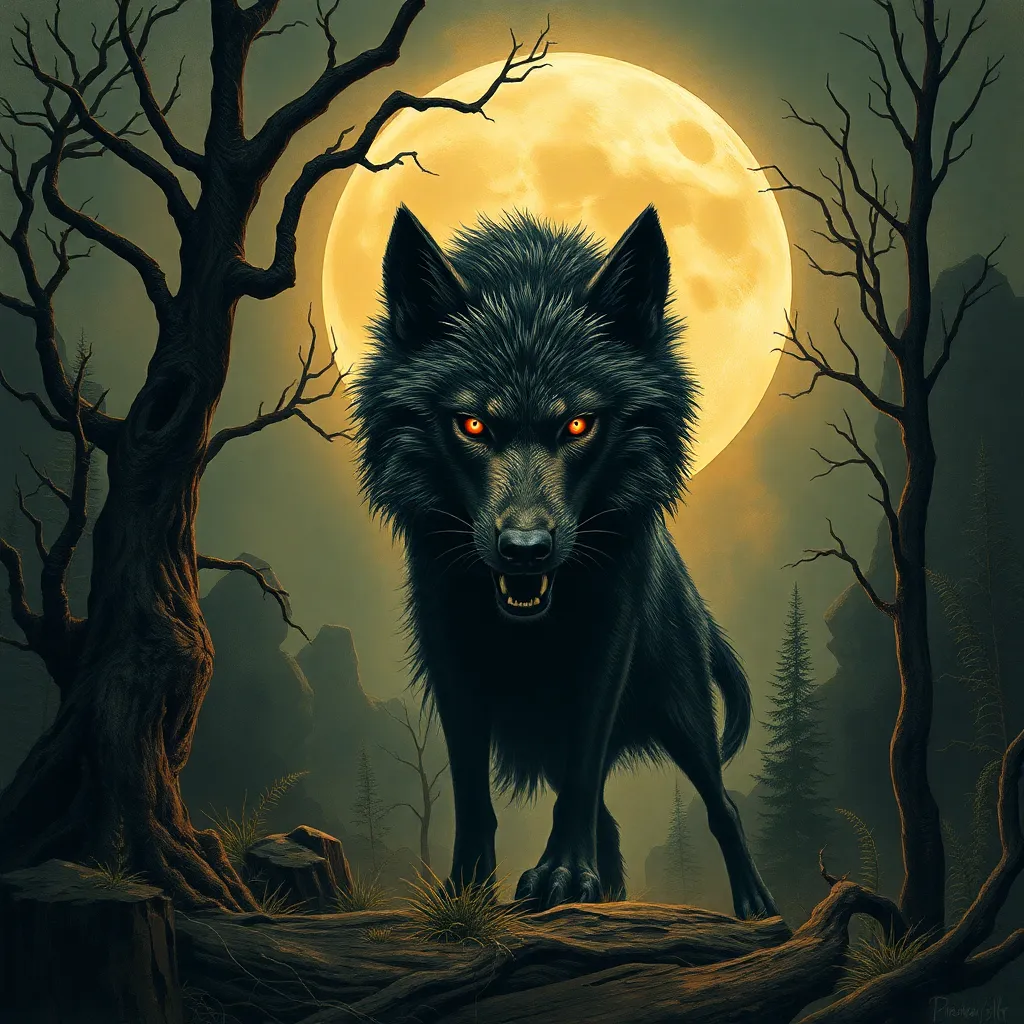The Troll’s Legacy: The Impact of Troll Lore on Society and Culture
I. Introduction
A troll, in mythology, is often depicted as a large, brutish creature associated with mischief and malice. Troll lore encompasses a rich tapestry of stories, often rooted in the traditions of Norse and Scandinavian cultures. These tales have evolved over centuries, influencing not only literature and art but also the collective psyche of societies.
This article aims to explore the cultural and societal impact of troll stories, tracing their origins, evolution, and contemporary relevance. By examining troll lore, we can gain insights into human behavior, societal fears, and the moral lessons embedded in these narratives.
II. Historical Context of Troll Lore
The origins of troll mythology can be traced back to early Norse and Scandinavian cultures, where trolls were often depicted as malevolent beings living in mountains or caves. These early depictions served as cautionary tales, warning communities of the dangers lurking in the wilderness.
Over the Middle Ages, troll stories evolved significantly. They became intertwined with local folklore, often reflecting the struggles and triumphs of the communities that told them. As a result, trolls began to symbolize various regional identities, embodying both the fears and the resilience of the people.
A. Early Depictions in Norse and Scandinavian Mythology
- Trolls as giants or ogres, often associated with darkness and danger.
- In Norse mythology, trolls were sometimes connected with the Jotnar, the race of giants.
- Folktales often portrayed trolls as greedy and foolish, providing moral lessons to listeners.
B. Evolution of Troll Stories through the Middle Ages
- Integration of Christian themes, transforming trolls into embodiments of evil.
- Local variations of troll stories emerged, reflecting specific cultural contexts.
- Increased use of trolls in cautionary tales, highlighting the importance of community and morality.
C. Influence of Folklore on Regional Identities
Troll stories became a means of cultural expression, helping to shape regional identities. They served as a way for communities to bond over shared narratives while also providing a framework for understanding the natural world.
III. Trolls in Literature and Popular Culture
Trolls have made significant appearances in both classic literature and modern media, adapting to changing societal contexts while retaining their core characteristics.
A. Representation of Trolls in Classic Literature
- In works like J.R.R. Tolkien’s “The Hobbit,” trolls are depicted as brutish yet comical characters.
- Fairy tales often featured trolls as antagonists, emphasizing their role as obstacles to heroism.
B. The Resurgence of Trolls in Modern Media
Today, trolls are omnipresent in films, books, and video games. Their representations often blend humor with horror, appealing to a wide audience. Recent adaptations include:
- Animated films like “Trolls,” which present a colorful, musical version of troll lore.
- Video games that incorporate trolls as formidable foes, enriching the gaming experience.
C. Analysis of Popular Depictions and Their Societal Implications
The portrayal of trolls in popular culture often reflects contemporary societal issues, such as the fear of the unknown and the struggle against adversity. This duality serves to keep the lore alive while also engaging with modern audiences.
IV. Psychological and Sociological Perspectives
From a psychological standpoint, trolls can be seen as archetypes that resonate with deep-seated fears and desires. They represent the aspects of human nature that society often seeks to suppress.
A. The Psychological Appeal of Trolls as Archetypes
- Trolls embody the darker sides of human nature, such as greed and malice.
- Their exaggerated characteristics make them relatable, allowing audiences to explore these traits safely.
B. Trolls as Symbols of Societal Fears and Anxieties
Trolls often symbolize societal anxieties, acting as scapegoats for various fears, including those related to nature and the unknown. Their monstrous traits allow for the exploration of these fears in a narrative context.
C. The Role of Trolls in Shaping Moral Lessons and Cultural Values
Throughout history, trolls have served as cautionary figures, teaching lessons about morality, kindness, and the consequences of greed. These stories are often used to reinforce cultural values within communities.
V. The Internet Age: Trolls in Digital Culture
The concept of “trolls” has evolved significantly in the digital age. The term has taken on new meanings, particularly in the context of online behavior.
A. The Evolution of the Term “Troll” in Online Contexts
- Originally used to describe internet users who provoke others for amusement.
- The term now encompasses a variety of behaviors, from harmless pranks to malicious harassment.
B. Impact of Digital Trolls on Social Media and Online Communities
Digital trolls have had a profound impact on online discourse, shaping how communities interact and respond to conflict. Their presence has led to increased awareness of online harassment and the need for community guidelines.
C. Differences and Similarities Between Traditional Trolls and Digital Trolls
While traditional trolls often served as symbols of societal fears, digital trolls can reflect similar traits, such as malice and ignorance. However, the anonymity of the internet allows for more extreme expressions of these traits.
VI. Trolls as Metaphors for Human Behavior
Trolls, both in folklore and modern interpretations, often serve as metaphors for various human behaviors and societal issues.
A. Examination of Trolls as Reflections of Human Traits
- Trolls can embody traits like greed, malice, and ignorance, providing a lens through which to examine these behaviors.
- They highlight the consequences of negative traits, serving as warnings to society.
B. Trolls in the Context of Social Commentary and Satire
Many contemporary works use trolls as tools for social commentary, critiquing societal norms and behaviors. This satirical approach allows for a critique of modern life while maintaining a connection to traditional lore.
C. Case Studies of Contemporary Issues Represented Through Troll Lore
Modern adaptations of troll stories often reflect issues such as environmental concerns, social inequality, and the complexities of human relationships. These narratives provide a platform for discussing critical issues in an engaging manner.
VII. The Legacy of Troll Lore in Contemporary Society
The legacy of troll lore continues to resonate in contemporary society, influencing various forms of expression and cultural narratives.
A. Ongoing Relevance of Troll Stories in Cultural Narratives
- Trolls remain a popular motif in literature and media, symbolizing the struggle between good and evil.
- They serve as reminders of the complexities of human nature and societal dynamics.
B. The Impact of Trolls on Art, Music, and Performance
Trolls have inspired countless works of art, music, and performance, ranging from traditional folk songs to modern theatrical productions. Their presence in these mediums reflects their ongoing cultural significance.
C. The Role of Trolls in Contemporary Discussions About Morality and Ethics
As society grapples with moral and ethical dilemmas, trolls offer a unique perspective, encouraging reflection on human behavior and societal values. They challenge us to confront the darker aspects of our nature while seeking redemption and understanding.
VIII. Conclusion
In summary, troll lore has had a profound impact on society and culture, evolving from ancient mythology to modern interpretations. The stories of trolls reflect our fears, values, and the complexities of human behavior.
The enduring legacy of trolls continues to shape cultural narratives, serving as important symbols in discussions about morality and ethics. As we look to the future, the narratives surrounding trolls will likely adapt and change, remaining relevant in our collective consciousness.
Ultimately, the tales of trolls



